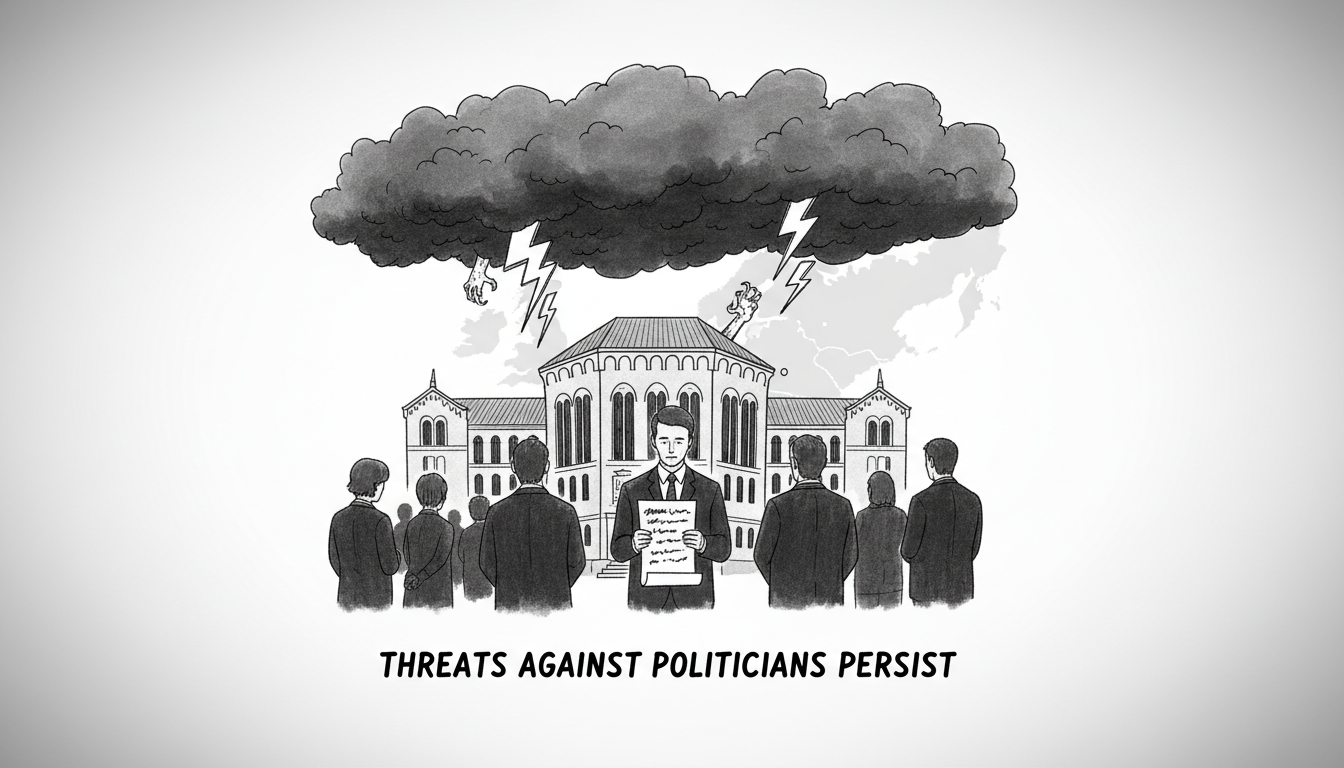A groundbreaking survey from two decades ago first exposed a widespread problem in Swedish politics. Sixty municipal councilors across the country reported experiencing threats and intimidation. This revelation sparked national concern and prompted official investigations. Lawmakers responded by strengthening legal protections for elected officials.
Yet twenty-five years later, the vulnerability of politicians remains unchanged. Public officials continue facing harassment and threats despite these legal improvements. Ulrika Stöök from the Swedish Association of Local Authorities and Regions acknowledges the persistent challenge. She states that this remains a societal issue requiring collective awareness and continuous effort.
The situation raises important questions about political safety in Nordic democracies. Sweden consistently ranks among the world's most stable democracies. Its political culture traditionally emphasizes consensus and civil discourse. The ongoing threats against local politicians contradict these democratic ideals.
Local government officials face particular risks because they maintain closer public contact. They interact regularly with constituents in their communities. This accessibility makes them more vulnerable than national politicians. Many municipal councilors handle sensitive local issues like urban planning and social services. These decisions can generate strong public reactions.
Political safety concerns extend beyond Sweden across the Nordic region. Norway experienced similar challenges after the 2011 terrorist attack targeting government buildings. Denmark and Finland also report increasing pressure on local officials. The pattern suggests a broader regional trend affecting political engagement.
The persistence of this problem indicates deeper societal issues. Legal measures alone cannot resolve the underlying tensions. Sweden implemented stricter laws against threatening public officials. Courts can now impose stronger penalties for such offenses. Yet the behavior continues affecting local democracy.
International observers note the concerning implications for democratic participation. When public service becomes dangerous, qualified candidates may avoid politics. This could reduce the quality of local governance over time. The situation might discourage diverse representation in municipal governments.
Current approaches clearly need reassessment. Community dialogue and public education might complement legal measures. Some Swedish municipalities now provide security training for elected officials. Others work to improve reporting systems for threats. These practical steps help address the immediate risks.
The fundamental question remains why legal protections prove insufficient. Sweden's experience demonstrates that legislation alone cannot ensure political safety. The solution likely requires combined efforts across legal, educational, and community dimensions. This ongoing challenge affects the very foundation of local democratic processes.

